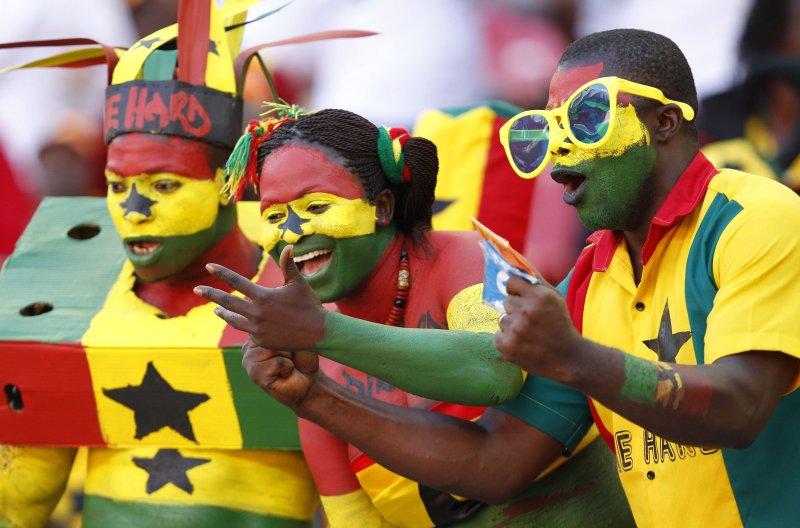
Sports have long been a major contributor to global economies, generating billions through job creation, investments, taxes, and remittances.
In Ghana, however, the sector has been marred by neglect, raising the question of whether the country has truly recognized and harnessed the potential of sports to drive economic growth.
Since the beginning of the Fourth Republic in 1993, Ghana has had five presidents—Jerry John Rawlings (deceased), John Agyekum Kufuor, John Evans Atta Mills (deceased), Nana Akufo-Addo, and John Dramani Mahama—and a host of ministers responsible for sports. Yet, there remains a glaring lack of a comprehensive, long-term plan for sports development. The country, which once boasted world-class athletes and achievements in boxing, football, and athletics, has seen its fortunes dwindle over the past three decades.
Despite Ghana’s impressive past, marked by success in major tournaments like the Africa Cup of Nations (AFCON), the country has failed to win AFCON in over 40 years. Moreover, it has not produced any world champions in boxing or athletics, and other sports disciplines have been neglected entirely. This decline can largely be attributed to a lack of investment in sports infrastructure, a key enabler of success in the sector.
Ghana’s sports infrastructure is woefully inadequate. Over 60 years post-independence, the country has only five national football stadia, with barely one or two meeting the standards required for CAF competitions. Prior to the 2024 African Games, Ghana didn’t possess a single world-class athletics track, aquatic pool, or indoor sports complex suitable for volleyball, basketball, or other indoor games. The lack of significant investment from the state in sports facilities has further hindered the growth of the sector, leaving the country unable to compete at a global level.
Now, as President John Mahama prepares to name a new sports and recreation minister, there are questions about who will be chosen and how this new leadership can turn the tide for Ghana’s sports sector. The country is searching for someone who can lead with vision, fairness, and the ability to make a real impact in the industry.
Rumoured candidates for the position include Nii Lante Vanderpuye, a former sports minister with experience in the sector and a tough, determined persona. Dr. Randy Abbey, a well-respected media figure and member of the Ghana Football Association executive council, is another potential contender. Herbert Mensah, president of Rugby Africa and a former board chairman of Asante Kotoko, is also mentioned, though his current role may complicate any transition to the sports ministry.
Whoever takes on the role, Ghanaians expect a bold and strategic approach. The next sports minister must be someone who understands that sports is no longer just a recreational activity, but a multi-billion-dollar industry. They must ensure fair investment across all sports disciplines, not just focus on the Black Stars (Ghana’s national football team), and work to position Ghana as a leading player in the global sports arena. The stakes are high, and the opportunity for Ghana to benefit from the economic power of sports is vast—if only the right leadership is in place.
Send your news stories to [email protected]
Follow News Ghana on Google News
